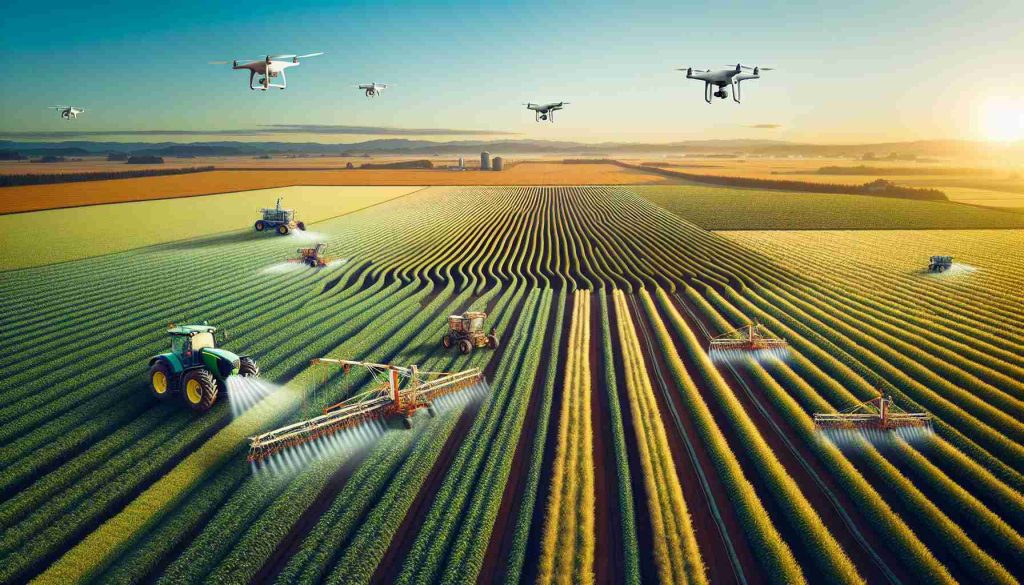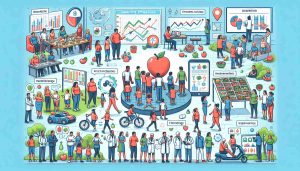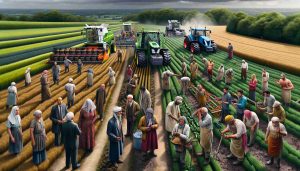New Agricultural Technologies Revolutionizing Farming Practices
2 min read
Advanced farming solutions are transforming traditional agricultural methods across the island. The latest innovations in technology are paving the way for increased crop yields despite prevailing dry conditions. Cutting-edge irrigation systems and climate monitoring tools are providing farmers with the means to combat the challenges posed by the weather.
Utilizing precision agriculture techniques, farmers are able to optimize water usage and ensure that crops receive the necessary moisture to thrive. Through the implementation of automated systems and data analytics, agricultural productivity is being revolutionized on a large scale.
Cornfields, once vulnerable to the impacts of drought, are now thriving thanks to these new technologies. The ability to forecast weather patterns more accurately and make real-time adjustments has significantly reduced the negative effects of dry spells on agricultural output.
Farmers are embracing innovation and incorporating sustainable practices into their operations, leading to a more resilient and efficient farming industry. As a result, the island’s agricultural sector is experiencing a positive transformation that promises a brighter future for both farmers and consumers alike.
New Agricultural Technologies Revolutionizing Farming Practices
The adoption of new agricultural technologies continues to reshape traditional farming methods worldwide. While the previous article touched on the benefits of advanced farming solutions in optimizing crop yields, there are additional aspects of this agricultural revolution that warrant attention.
What are some key new technologies driving this transformation?
In addition to advanced irrigation systems and precision agriculture techniques, the integration of drones in farming practices is making waves. Drones equipped with sensors can provide valuable data on crop health, soil conditions, and pest infestations, helping farmers make informed decisions to enhance productivity and sustainability.
What challenges or controversies are associated with the adoption of these technologies?
One of the key challenges is the initial cost of implementing high-tech farming solutions. While these technologies offer long-term benefits, the upfront investment can be prohibitive for small-scale farmers. Additionally, concerns about data privacy and cybersecurity have emerged as farmers rely more on automated systems and digital platforms to manage their operations.
What are the advantages and disadvantages of these new technologies?
The advantages of adopting new agricultural technologies are vast, including increased efficiency, higher yields, and more sustainable practices. By leveraging data-driven insights and automation, farmers can minimize waste and optimize resource usage. However, the dependence on technology also raises concerns about potential job displacement in the agricultural sector and the need for continuous training to operate these advanced systems effectively.
As the agricultural industry continues to evolve through technological innovation, it is crucial for farmers, policymakers, and stakeholders to address these challenges and ensure the widespread benefits of these advancements. Embracing sustainable practices and supporting research and development in agri-tech will be key to driving positive change in the farming sector.
For further reading on the latest trends in agricultural technology, visit agriculture.com.





